Scholars in any academic discipline are invited to submit abstracts of papers to be presented at the Irish Philosophy in the Age of Berkeley conference, to be held in Trinity College Dublin, 5 and 6 April 2019.
George Berkeley’s Treatise concerning the Principles of Human Knowledge (1710) and Three Dialogues between Hylas and Philonous (1713) are standard texts in the philosophy curricula of most European and American universities. No other Irish philosopher, and no other work of Berkeley’s, has achieved this ‘canonical’ status. However, there was a vibrant philosophical scene in Ireland in Berkeley’s lifetime, to which Berkeley was far from the only contributor. Studying this broader Irish philosophical discussion will improve our understanding of Berkeley and also of early modern philosophy more generally.
The Irish Philosophy in the Age of Berkeley conference will include general exploration of the intellectual culture of early modern Ireland as well as examination of specific thinkers with significant connections to Ireland active during Berkeley’s lifetime (1685–1753). Such figures include Katherine Jones, Lady Ranelagh (1615–1691); Robert Boyle (1627–1691); Michael Moore (c. 1639–1726); William King (1650–1729); William Molyneux (1656–1698); Edward Synge (1659–1741); Jonathan Swift (1667–1745); John Toland (1670–1722); Peter Browne (d. 1735); and Francis Hutcheson (1694–1746).
Invited speakers will include:
• Lisa Downing, Professor of Philosophy, The Ohio State University, USA
• Eric Schliesser, Professor of Political Science, University of Amsterdam, The Netherlands
• Kate Davison, Lecturer in Long Eighteenth-Century History, University of Sheffield, UK
Approximately nine additional papers will be selected by anonymous review of submitted abstracts.
We welcome abstracts from scholars in any discipline addressing one or more of the following issues:
• The Irish context of Berkeley’s philosophy.
• The philosophical work of other Irish thinkers active during Berkeley’s lifetime.
• The reception within Ireland of other philosophical figures, ideas, and movements.
• The reception of Irish philosophy outside Ireland.
Particular preference will be given to papers that address figures and/or topics outside the currently recognized philosophical ‘canon’, including the work of early modern women.
Papers presented at the conference will be published as part of the Royal Institute of Philosophy Supplements series, Cambridge University Press.
Abstracts should be submitted by 15 October, 2018. Full details, including submission instructions, are available at: http://www.tcd.ie/Philosophy/events/IPAB/.
Participants and attendees may also be interested in attending Berkeleian Minds: Will and Understanding, to be held at the University of York on 2 and 3 April (https://philevents.org/event/show/63750).
Primary sponsorship for this conference is provided by the Royal Institute of Philosophy, together with the Mind Association. Additional support is provided by the Trinity Long Room Hub Making Ireland Research Theme and the Department of Philosophy, Trinity College Dublin.
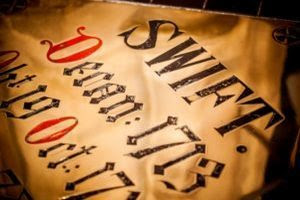
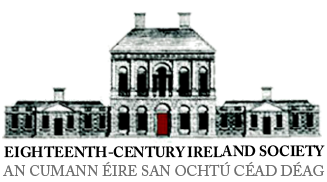





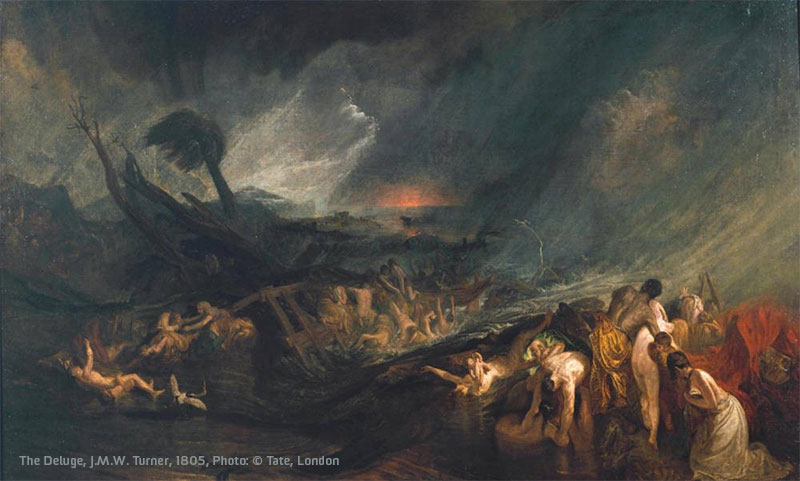
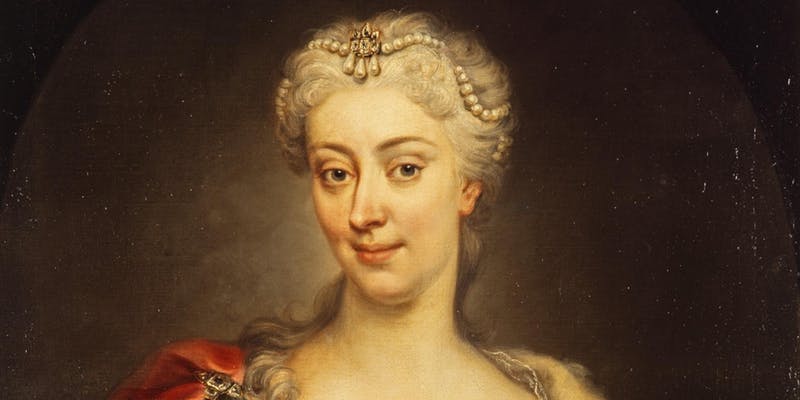
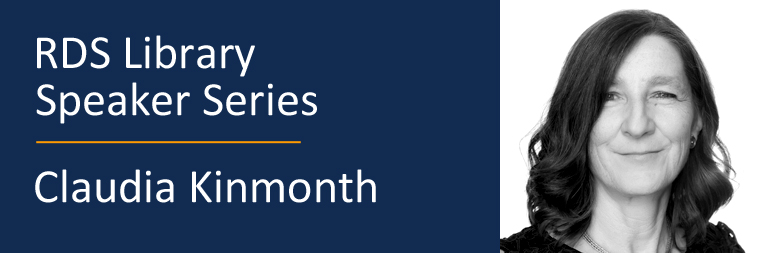


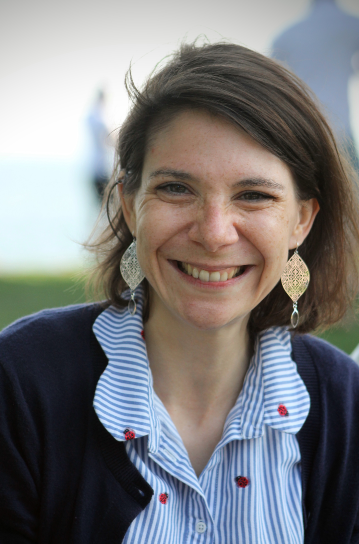


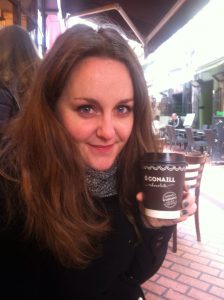
 Kristina Decker is a PhD student at University College Cork. Her research looks at Mary Delany and the female experience in eighteenth-century Ireland and she will be speaking about her work at the
Kristina Decker is a PhD student at University College Cork. Her research looks at Mary Delany and the female experience in eighteenth-century Ireland and she will be speaking about her work at the 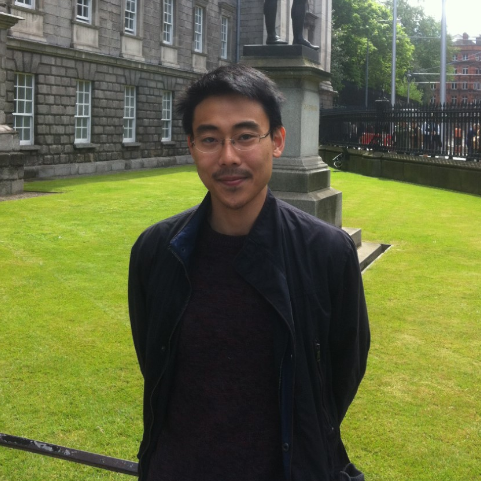
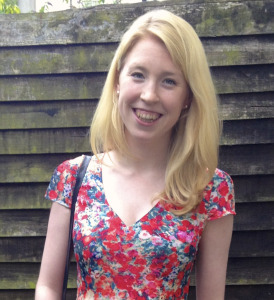

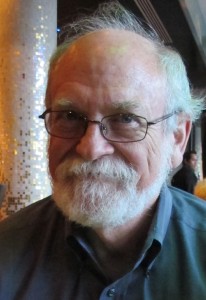 Robert Mahony has been a member of the Eighteenth-Century Ireland Society (intermittently) since 1986. He was Professor of English at the Catholic University of America and is now retired. His research focus is Jonathan Swift.
Robert Mahony has been a member of the Eighteenth-Century Ireland Society (intermittently) since 1986. He was Professor of English at the Catholic University of America and is now retired. His research focus is Jonathan Swift. Patrick Walsh is Reviews Editor of
Patrick Walsh is Reviews Editor of 

